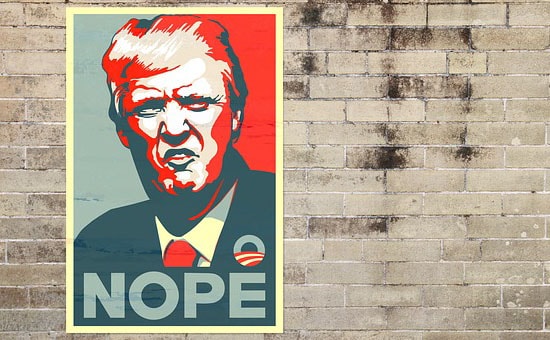Wharton legal studies and business ethics professor Janice Bellace says: “The big change is that men now realize that you cannot do at work what you may do in private social settings and that they can get into trouble at work if they touch, pat or leer at women. My own view is that Donald Trump becoming president will have no impact on the general perception that this is unacceptable.”
Sexual harassment has declined in the past years, according to figures from the Equal Employment Opportunity Commission, to 6,822 charges filed with the agency in 2015 from 7,944 in 2010. Most of the charges came from women, with only about 17 per cent from men. But many experts say these figures do not capture the full picture. One in three women reported having been sexually harassed at work in a 2015 Cosmopolitan magazine survey of 2,235 full- and part-time female workers between the ages of 18 and 34. The vast majority of these women – 71 per cent – said they did not report the incident.
If sexual harassment is hard to quantify, it can also be difficult to define. “There are very clear definitions of sexual harassment legally, but in terms of people’s lived experience, these things aren’t quite as clear-cut as we might hope, and I think some of those fuzzy areas are hard for people to sort through,” says Wharton management professor Nancy Rothbard.
“Often it boils down to the fact that many people have trouble hearing how they are coming across to others – that someone in a position of power can say the same things as someone lower on the chain, and the way it’s interpreted is completely different,” says lawyer Daniel P. O’Meara, a senior fellow for Wharton’s Center for Human Resources. “It’s kind of like the boss thing where everything he says is funny, as opposed to everyone’s laughing just because he’s the boss.”
Read more atKnowledge Wharton

